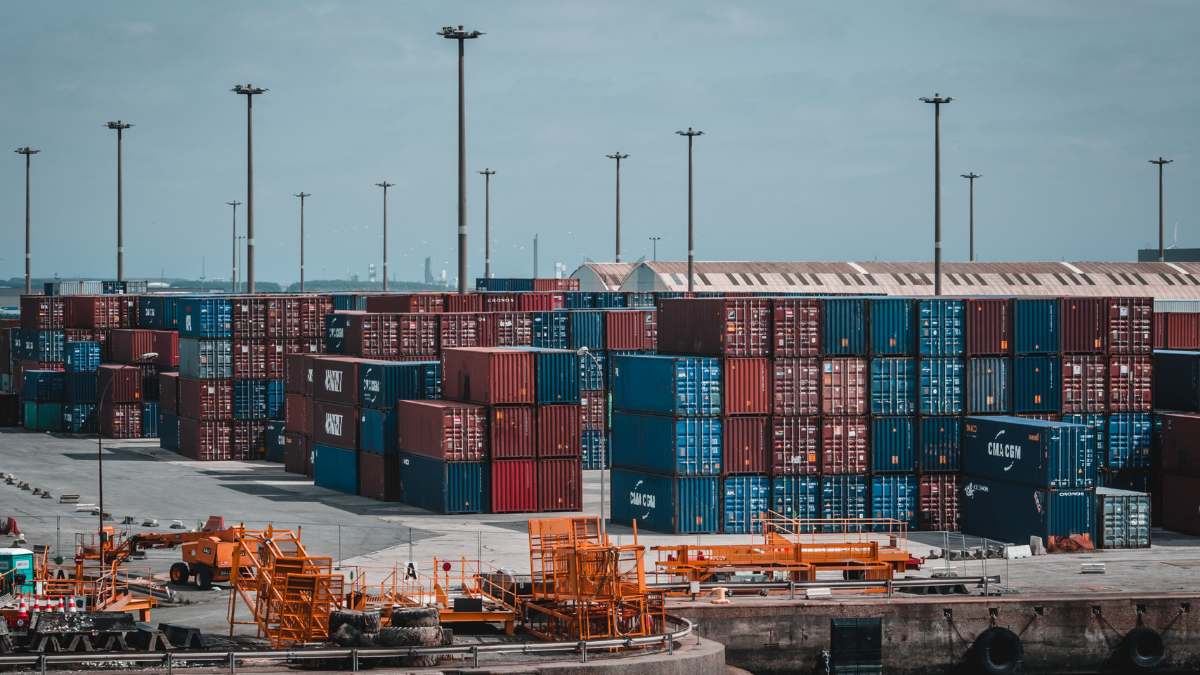National employment organisation The Australian Industry Group (AiGroup) has today released a report outlining issues arising associated with Australia’s ports, saying if they are not addressed it could have a significant impact on the country’s economic recovery from COVID-19.
The report says that as an island nation, 98 per cent of Australia’s trade goes through ports, and most Australian jobs rely on ports in some way through import/export trade. It has outlined some “significant issues” associated with the ports which could “undermine our resilience and competitiveness going forward.”
“It is clear from an Ai Group Discussion Paper released today that significant issues associated with our ports persist which could undermine our resilience, competitiveness and COVID recovery, should we fail to address them,” Innes Willox, Chief Executive of the Ai Group said today.
Despite Australia’s dependence on them, the country has followed the lead of many others by largely privatising the ports to fund other state infrastructure projects and reduce debt. Along with the privatisation has come risks, the report says, which include the undervaluation of port assets, increasing port charges, competition issues, less port investment and less concern for long term public interest.
“Australian port and shipping policy has been described in the past as a ‘wicked problem’ and this situation remains today,” said Mr Willox.
“These issues appear to be exacerbated by instances of industrial action, like the acute pain being felt in Sydney. Similarly, the COVID-19 pandemic has created even more chaos, demonstrating a need to plan for disasters or unexpected global disruptions in all areas of the economy, including in our ports.”
Ports adopting technological advancements
Further criticism comes from the Managing Director of IFS Australia & New Zealand Warren Zietsman, who said earlier this month that the ports are “falling into a cycle of complacency”.
In a whitepaper released by IFS in November 2020, the company urges the ports to evolve by adopting new technological advancements and innovation to be more productive and improve budgetary cycles, asset longevity and work order completion rates.
“For decades, ports have played a critical and storied role in Australia’s trading history,” Mr Zietsman said.
“The legacy infrastructure and management systems upon which the successful foundation of Australian trade has been built cannot be relied upon to drive profitability in the 21st century and beyond.”
“The industrial world continues to evolve at a rapid pace, and technological advancements are reshaping the way we think about shipping practices globally. Innovations such as the Internet of Things, Artificial Intelligence, 5G and Blockchain technology are allowing ports around the world to optimise operational efficiencies in ways never thought possible. And this is just the beginning.”
Keep up to date with our stories on LinkedIn, Twitter, Facebook and Instagram.

